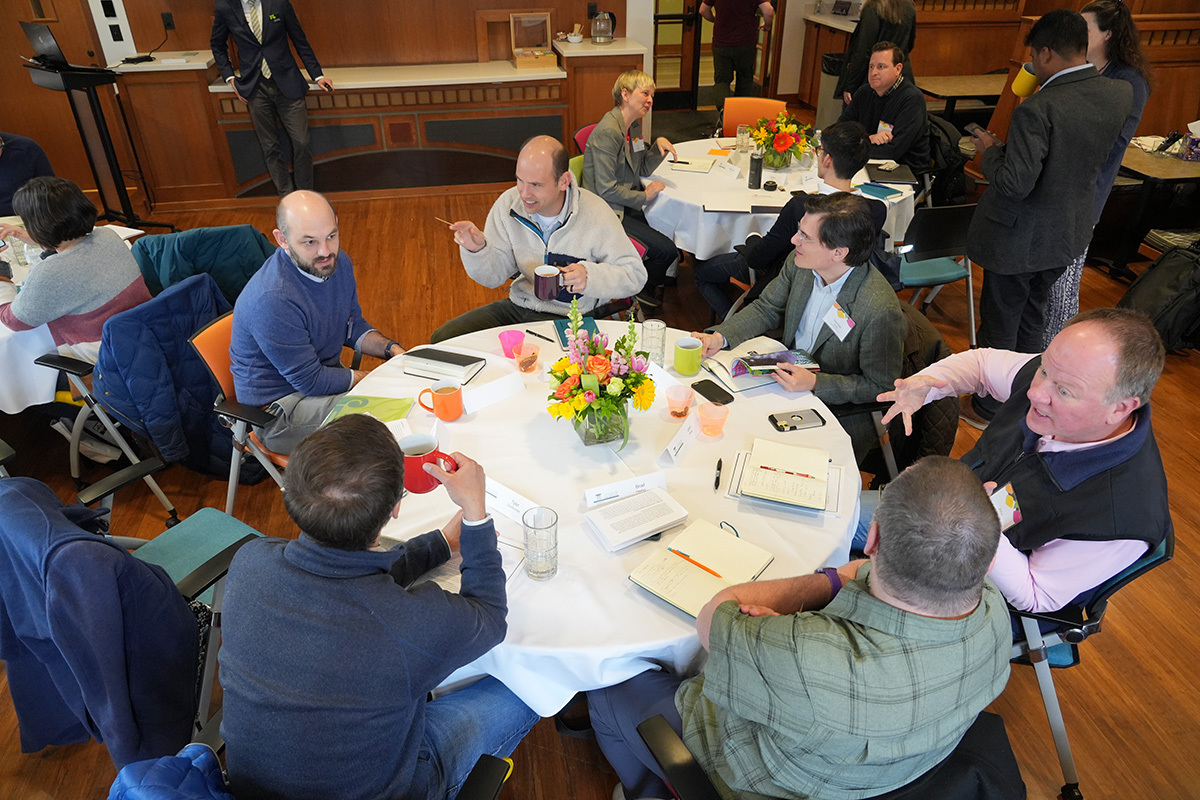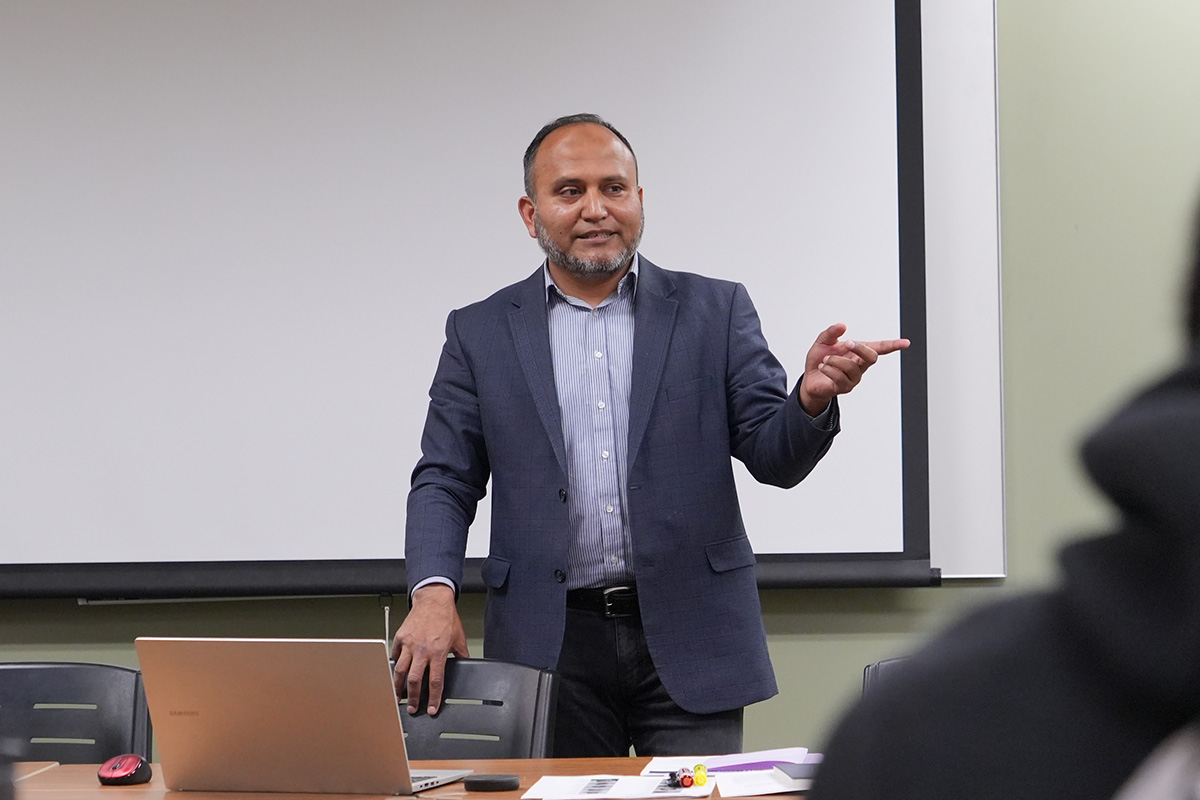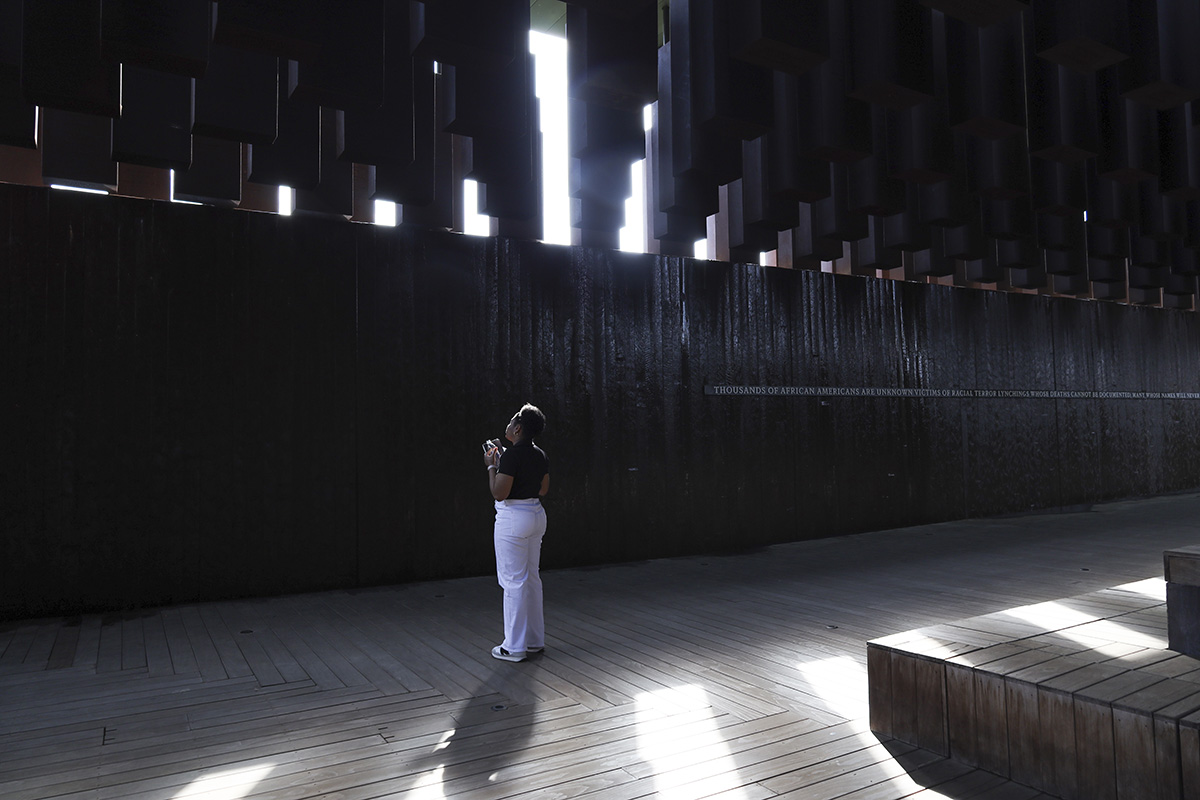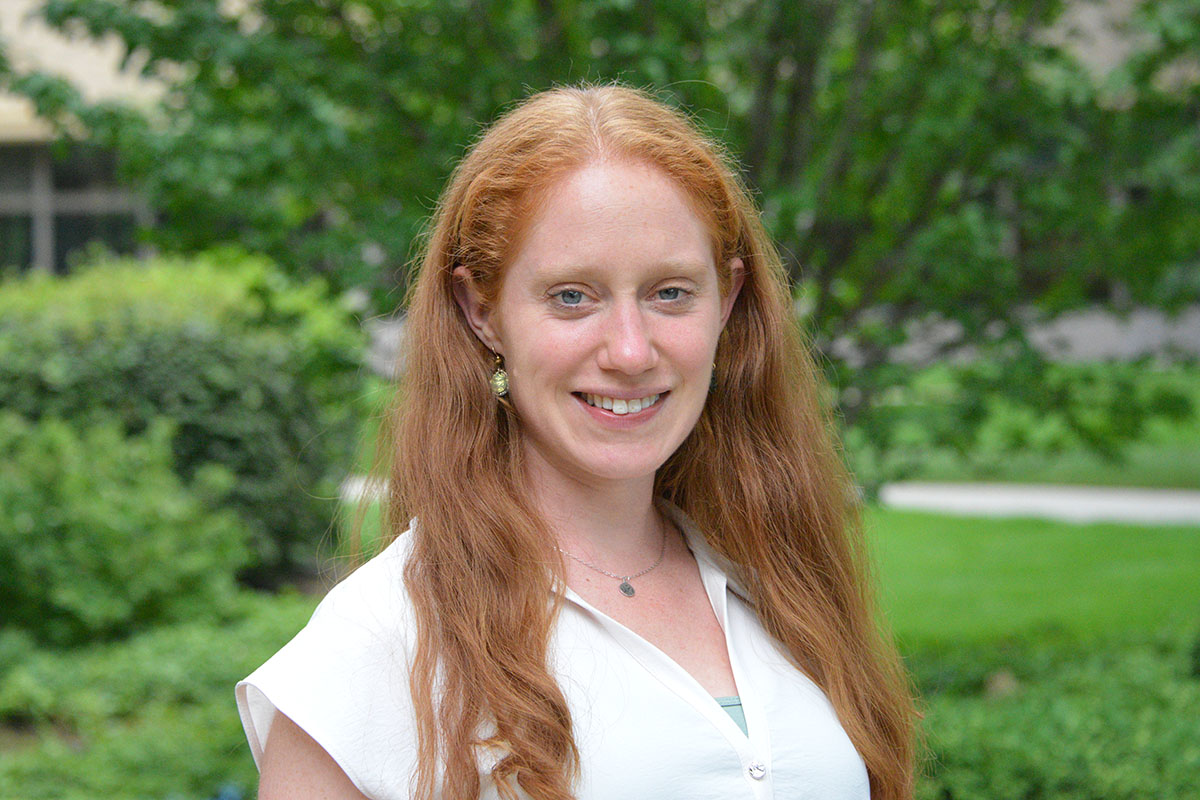What would an economy of celebration look like in the US today?
May 5, 2023
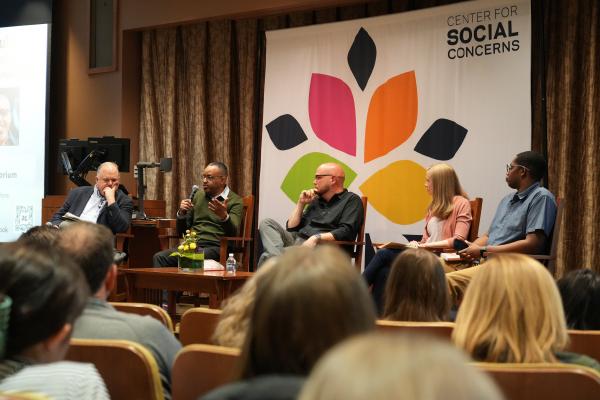
Adam Gustine and José Humphreys had each been thinking about communities for a while. What makes them flourish? What prevents their flourishing? Both had written about the relationship between churches and the communities of which they’re a part when they were invited to participate in a panel discussion on justice and the church in 2019. That kicked off a conversation between them on the conditions that contribute to a healthy community––as well as those that prevent it. That conversation continued through the pandemic and has now led to a new book titled Ecosystems of Jubilee: Economic Ethics for the Neighborhood.
The book explores the economic practices inherent in the ancient Israeli tradition of jubilee––a tradition that, according to Gustine and Humphries, “has the potential to help us reimagine justice.” Jubilee worked together with sabbath and gleaning laws to create seven-year cycles that served as a corrective to the ways in which communities tended to drift toward injustice and inequity. The year of jubilee would occur every seven years and acted as a “reset button on who owns what.” Land would be restored to its familial roots, for instance, debts were forgiven, and slaves were freed.
The speeches and writings of Martin Luther King, Jr. play a central role in the book, especially the now monumental ones that focus on the relationship between justice and freedom. Gustine and Humphries argue that jubilee was a liturgical reminder of economic justice rooted in freedom, the freedom of land, capital, and people. And it addressed the exclusion, extraction, and exploitation of land, capital, and people that contribute to economic injustice.
During the last year of his life King spoke on numerous occasions of “two Americas,” one “flowing with the milk of prosperity and the honey of equality,” and another “that constantly transforms the buoyancy of hope into the fatigue of despair.” Gustine and Humphries take King’s vision as a generally apt one of our current socioeconomic divisions, and they set a contrasting vision of jubilee alongside that as an antidote.
The book concludes with numerous just-so stories about people and communities putting into practice the theological, economic, and social vision at work in jubilee, sabbath, and gleaning. Early in the book the authors describe jubilee as an “accelerant” for the moral imagination, and stories of community refrigerators in New York City, open streets initiatives in Dallas-Fort Worth, buy local efforts in East Harlem, and debt cancellation practices in Wichita, Kansas show how that “accelerant” is already at work in some communities in the US.
Related Stories
-
Virtues & Vocations holds third Integrating Virtue Together workshop
-
From the army to anthropology: Postdoc’s path to peace-and-justice research has been a journey
-
Center for Social Concerns partners with Klau Institute for Civil and Human Rights on Racial Justice in America course
-
NDBridge, Summer Fellowships leverage connections across campus and around the world
-
Good intentions and good results: Postdoctoral fellow studies how organizations can have positive impact
